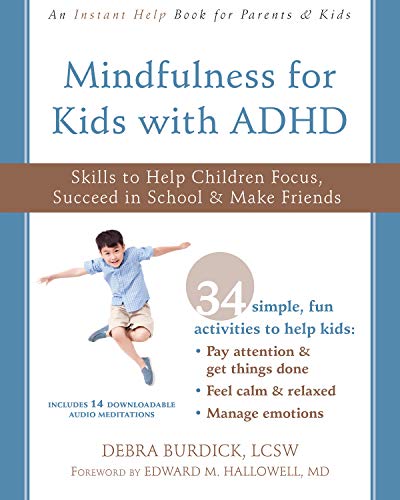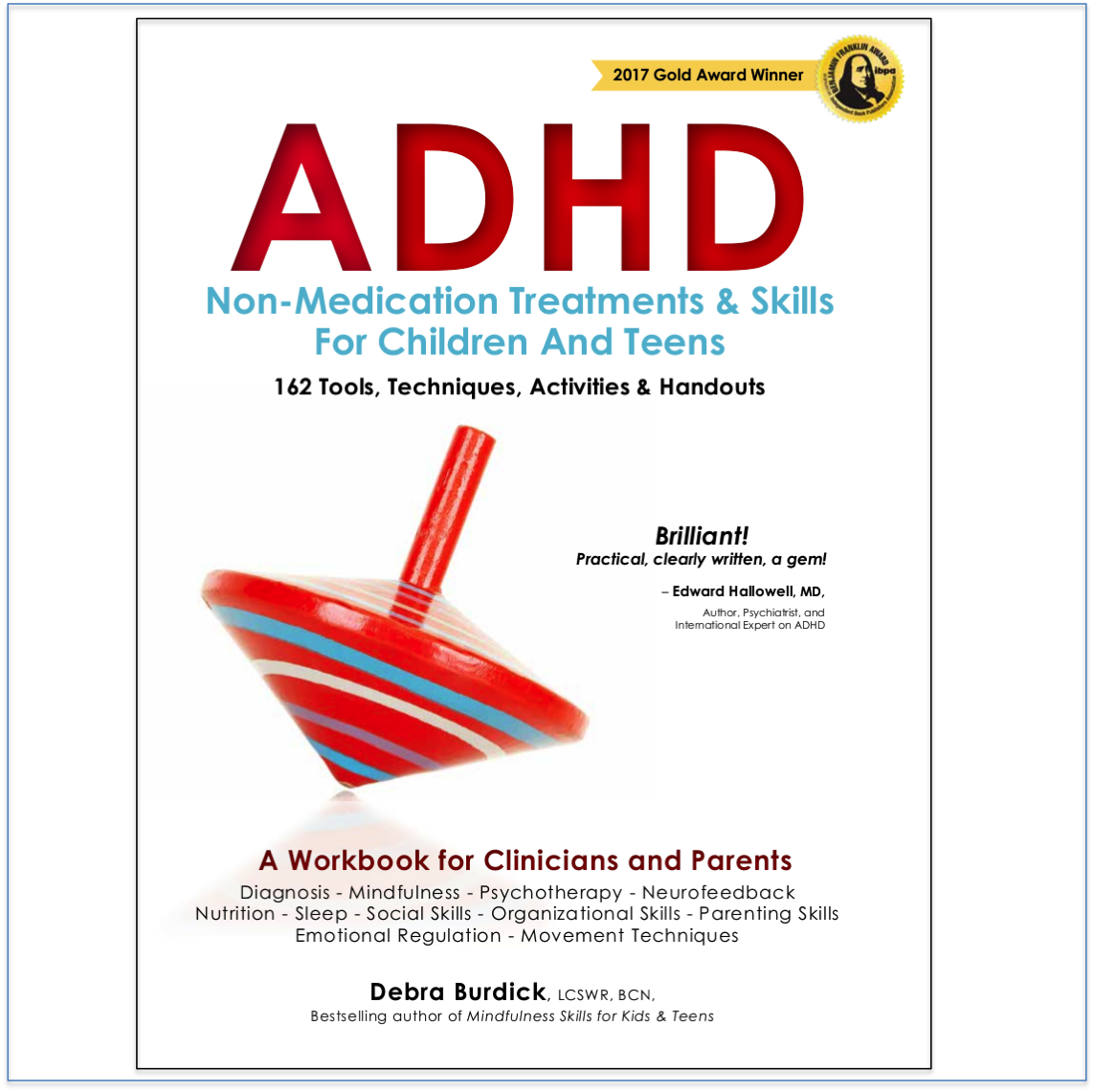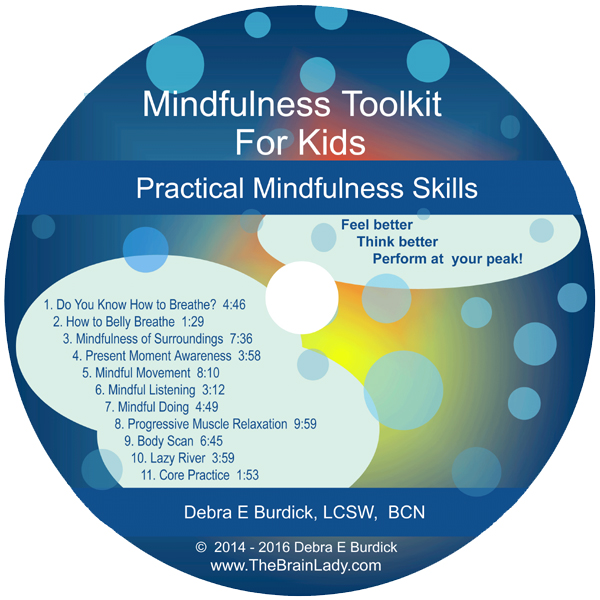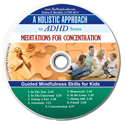May I Have Your Attention Please?
Posted on November 24, 2009 by Debra Burdick
 The other day, as I waited for the elevator in my office building, I noticed a young mother sitting on the bench in the lobby. Her tiny baby was snuggled in a baby carrier on the floor and her two year old girl was busy trying to get on the elevator with me. The mom was hunched over, phone in hand, text messaging or emailing, or whatever else she might have been doing from her phone. Meanwhile, she essentially ignored her two kids. They may as well have been invisible to her as she was completely focused on her phone. She didn’t even notice me talking to her two year old trying to make sure she didn’t get on the elevator with me.
The other day, as I waited for the elevator in my office building, I noticed a young mother sitting on the bench in the lobby. Her tiny baby was snuggled in a baby carrier on the floor and her two year old girl was busy trying to get on the elevator with me. The mom was hunched over, phone in hand, text messaging or emailing, or whatever else she might have been doing from her phone. Meanwhile, she essentially ignored her two kids. They may as well have been invisible to her as she was completely focused on her phone. She didn’t even notice me talking to her two year old trying to make sure she didn’t get on the elevator with me.
I felt a deep disquiet as I rode up the elevator.
This was not the first time I had noticed a phone, personal digital assistant (PDA), or iPod interfering with someone’s ability to pay attention to their family. Several months before my father died we traveled to Florida to visit family. We all went out to dinner and my beautiful great-niece spent the entire dinner listening to music on her earbuds, and playing a game on her hand held electronic gadget. I’m not even sure if it was an iPod or phone or what. This was the last time she saw her great grandfather before he passed on. But she paid no attention to him or the conversation around her. Although many kids her age do the same thing, I can’t help but think she missed something really important.
I often have clients (teens and adults) who are reading emails or text messaging on their Blackberry during therapy sessions.
I have a theory that we learn to pay attention when we are paid attention to.
But think about how you feel when you are trying to talk to someone who is distracted, not totally focused on what you are saying.
Attachment theory teaches that if we do not attach to our primary caregiver as infants, we will have life long consequences in our ability to engage in healthy relationships with others and many other negative results in our ability to regulate our brain.
I know how wonderful a Blackberry can be.
Parents who spend much of the day talking on the cell phone, texting, or emailing are not present for their children while doing so.
We need to learn to set better limits on when and where we use these new and wonderful advances in technology so that they do not interfere with interpersonal relationships and our ability to pay attention.
Take heed. It is essential to the brain development of our children and the future of our species.
I would love to hear your personal experiences with this topic.
Categories: Articles














No comments yet. You should be kind and add one!
The comments are closed.